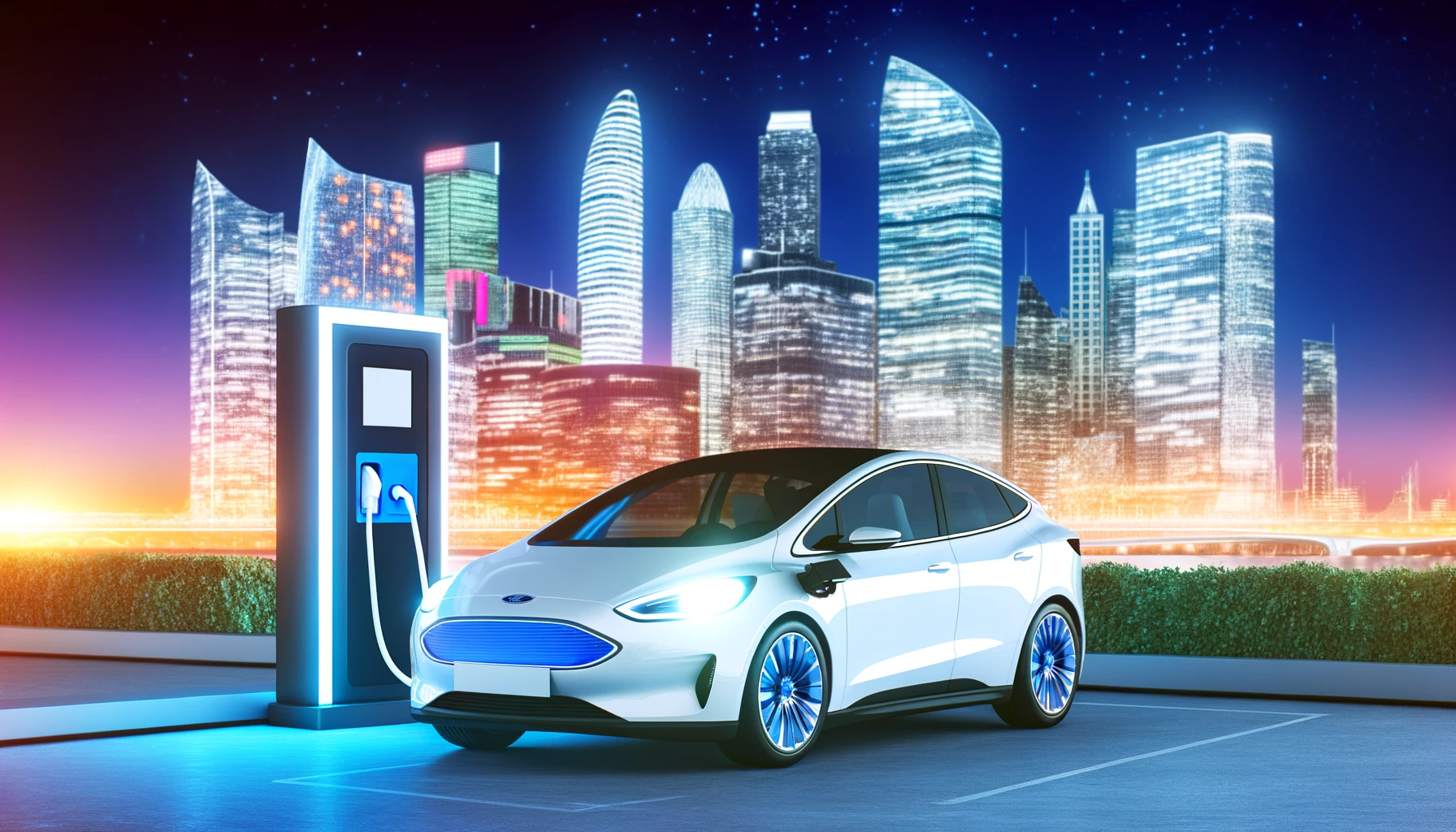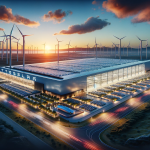Ford, a long-standing titan in the automotive industry, has decided to alter its production strategy by delaying the release of at least two electric vehicles (EVs), choosing instead to intensify its commitment to hybrid vehicles. This strategic change comes as Ford seeks to strengthen its position in the hybrid market, where it has recently experienced significant sales growth. While electric vehicles represent a burgeoning segment, the company’s pivot to hybrids showcases a balancing act between futuristic aspirations and current market demands.
Ford’s history with electric vehicles has seen its share of advancements and setbacks. In a notable move in October 2023, the company delayed a significant EV investment of approximately $12 billion when market analysis suggested that consumers were not prepared to pay premiums for electric models as anticipated. This recalibration of plans suggests a reconsideration of market readiness for electric adoption and a more nuanced approach to vehicle electrification, possibly influenced by the cost-benefit balance and consumer demand.
Hybrid Sales Surge as EVs Take a Backseat
Ford has recently reported a remarkable upsurge in hybrid vehicle sales, with a 42% increase to 38,421 vehicles in Q1 2024, marking it as the best quarter for hybrid sales in the company’s history. The Ford Maverick has emerged as America’s top-selling hybrid truck, showing a sharp 77% rise in sales. The F-150 hybrid has also been a significant contributor to this success, hinting at the company’s potential for growth in the hybrid sector.
Shift to Hybrids Aligns with Industry Trends
The automotive industry appears to be trending toward a greater emphasis on hybrid production. Hyundai is contemplating the production of hybrids at its future Metaplant in Georgia, initially planned as an EV-only facility. Similarly, General Motors, under the direction of CEO Mary Barra, has announced ambitions to introduce plug-in hybrid electric vehicles (PHEVs) to North America. These moves across various manufacturers underscore a broader industry shift that may reflect consumer preference trends and strategic market positioning.
In-depth coverage by other sources provides further context to Ford’s decision. An article by Engadget titled “Automakers Are Betting Big on American Appetite for Hybrids” highlights the growing consumer interest in hybrids as a practical step toward electrification without the range anxiety associated with full EVs. Meanwhile, Bloomberg’s report “Electric Vehicle Market Hits Speed Bumps Over Price Concerns” delves into the affordability challenges faced by consumers, which may be swaying automakers to focus on the more cost-effective hybrid technologies.
Strategic Importance of Ford’s Current Decisions
Ford’s recent moves carry significant weight in terms of the company’s future trajectory and the broader automotive market. The legacy automaker’s decision to invest heavily in hybrids could shape the competitive landscape and consumer choices, particularly as it navigates the complex dynamics of transitioning toward more sustainable vehicle offerings.
Helpful Points
- Ford’s hybrid sales have significantly increased, suggesting a strong market.
- Hybrids may offer a more accessible step towards electrification for consumers.
- The automotive industry seems to be collectively adjusting to hybrid demand.
Ford’s pivot towards hybrids, while putting a pause on some of its electric vehicle releases, reflects a strategic response to current market forces and consumer preferences. The company’s best-ever quarter for hybrid sales suggests that hybrids may serve as a bridge technology for consumers who are interested in more sustainable options but might not be ready for a full transition to electric vehicles. As Ford and other automakers adapt their strategies, consumers can expect to see an expanding range of options that balance ecological considerations with performance, convenience, and affordability.










